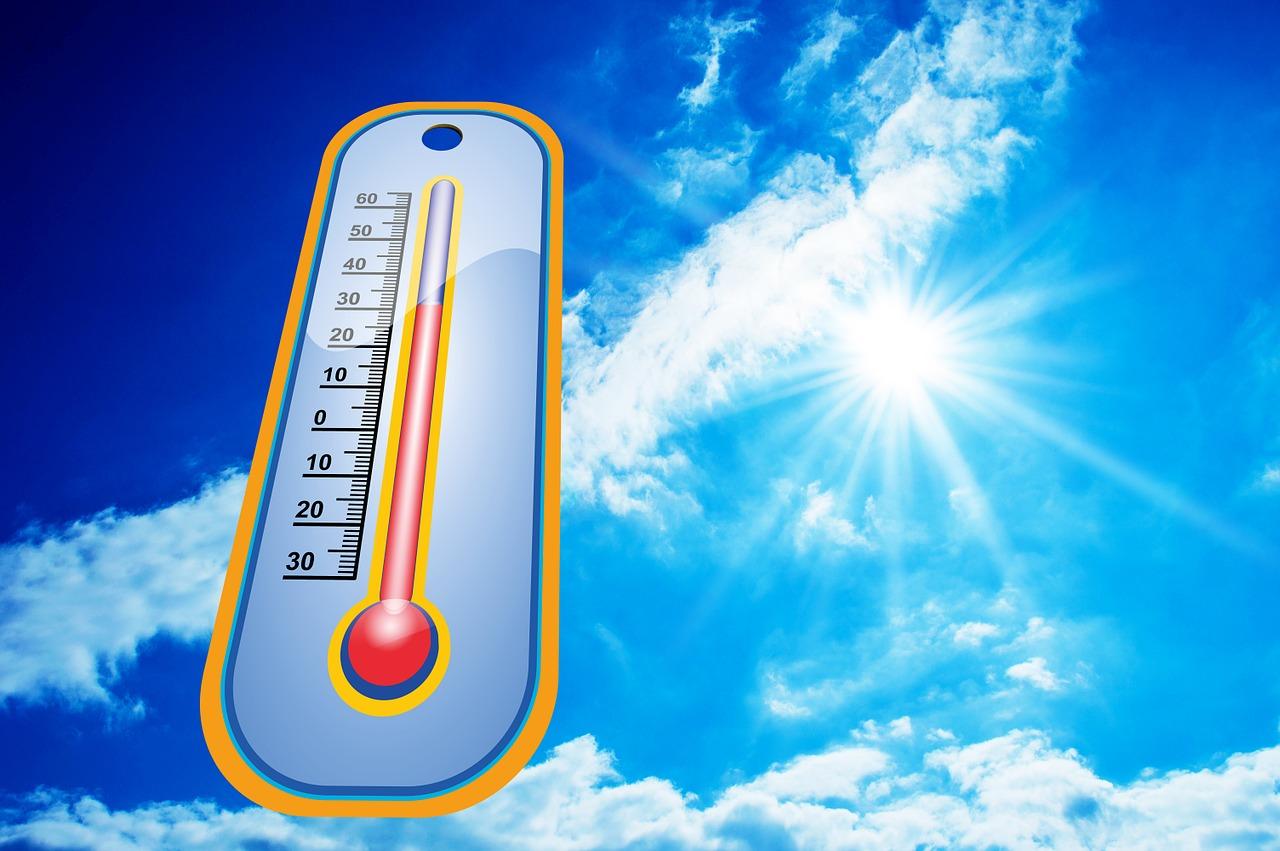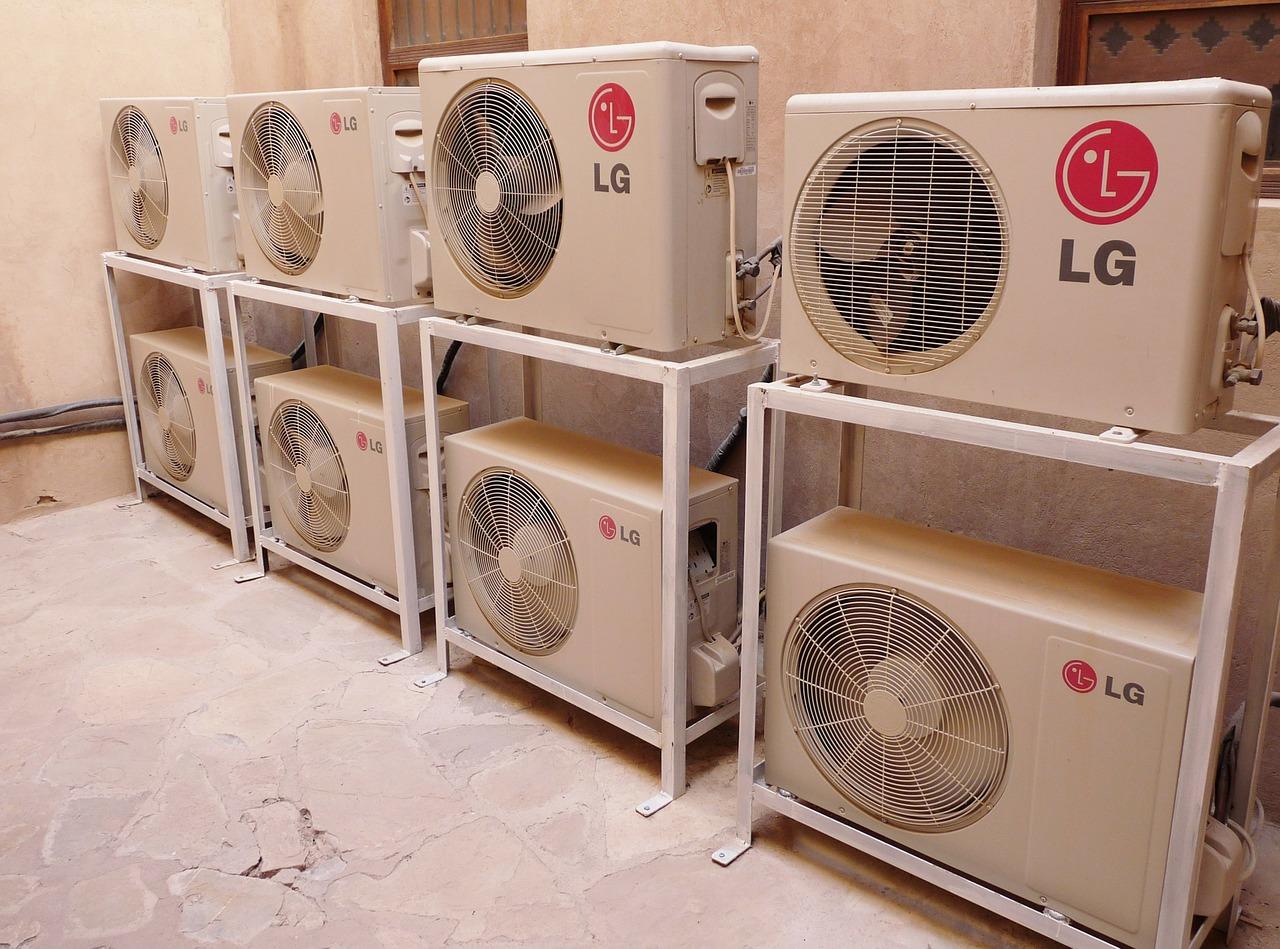Sustainable Healthcare Cooling Systems in a Warming World
Hospital Energy Audit Project Launch in the Philippines
In a bid to protect and save lives, hospitals contribute to climate change that aggravates the warming of the planet by consuming large amount of resources, utilizing energy-intensive equipment, putting up and operating complex building designs and disposing massive quantities of waste including plastics.
According to Kigali Cooling Efficiency Program (KCEP), hospital cooling in particular, contributes 365 metric tonnes of carbon dioxide emissions globally per year. Refrigeration and air-conditioning after all, produces fluorinated gas which is greatly susceptible to global warming than carbon dioxide, therefore more hazardous.
To protect the people’s health from heat waves brought about by the warming earth, and at the same time save energy costs and consumption, hospitals can assess their energy systems in order to transition to more sustainable cooling alternatives.
With this in mind, “Climate-Smart Health Care - Cooling Energy Monitoring, Audits and Demonstration Projects in Health Facilities” is a multi-year project funded by ClimateWorks Foundation and implemented by Health Care Without Harm (HCWH) and Rock Environment and Energy Institute (REEI, HCWH strategic partner in China) focuses on energy audits and the adoption of energy monitoring systems in hospitals in Argentina, the Philippines, and China.
According to Mr. Richard Caballero, Senior Program Manager of HCWH Southeast Asia, the project aims to develop and implement a program focused on energy audits and the adoption of energy monitoring systems in hospitals in China, the Philippines and Argentina. The audits will enable hospitals to understand their energy consumption from cooling and the associated costs; and identify actions they can take to improve cooling efficiency.
In the Philippines, an inception meeting will be conducted on June 21, 2019 to launch the project, align expectations and confirm commitment from partner hospital beneficiaries, and to build a common understanding of the project among participating hospitals, audit consultants and HCWH.
Specific objectives of the project:
- Identify energy efficiency opportunities in cooling for hospitals in a wide range of environments in the Philippines;
- Demonstrate that energy audits provide decision-makers with critical information to improve the energy efficiency of their facilities, reduce their greenhouse gas emissions and reduce the associated direct and indirect costs;
- Increase knowledge on the most efficient technologies and least climate impact cooling solutions available in each country, focusing on the specific opportunities and special conditions related to each hospital, the climate zone, solar orientation of buildings, local regulations, availability of equipment and operation and maintenance technology, among other aspects;
- Facilitate access to high efficient technologies through their implementation in demonstration projects;
- Promote the performance of cooling audits in hospitals through the dissemination of key findings and the promotion of policies that encourage the implementation of cooling efficiency programs at the municipal and national levels, and among the main global players in the health sector;
- Identify possible sources of financing and financial mechanisms for the implementation of the key findings of energy audits.
Three hospitals have expressed commitment not only to the project, but in the significance of upholding sustainable and environmentally healthy hospital methods, processes, and equipment:
- Amang Rodriguez Memorial Medical Center
- Philippine General Hospital
- Paul Hospital Iloilo
Globally, the engagement of hospitals in sustainable cooling systems and energy-efficient methods, signify initiative to achieve multiple Sustainable Development Goals (SDGs) namely: poverty (1), zero hunger (2), good health and well-being (3), affordable and clean energy (7), decent work (8), industry (9), sustainable communities (11), responsible consumption and production (12), and climate action (13)1 and therefore a step towards climate action.###
For project and technical inquiries, please reach out to Mr. Richard Caballero, Senior Program Manager through rcaballero@hcwh.org
For media inquiries, please reach out to Ms. Pats Oliva, Communications Campaigner through poliva@hcwh.org
References:
1https://www.k-cep.org/why-cooling/


